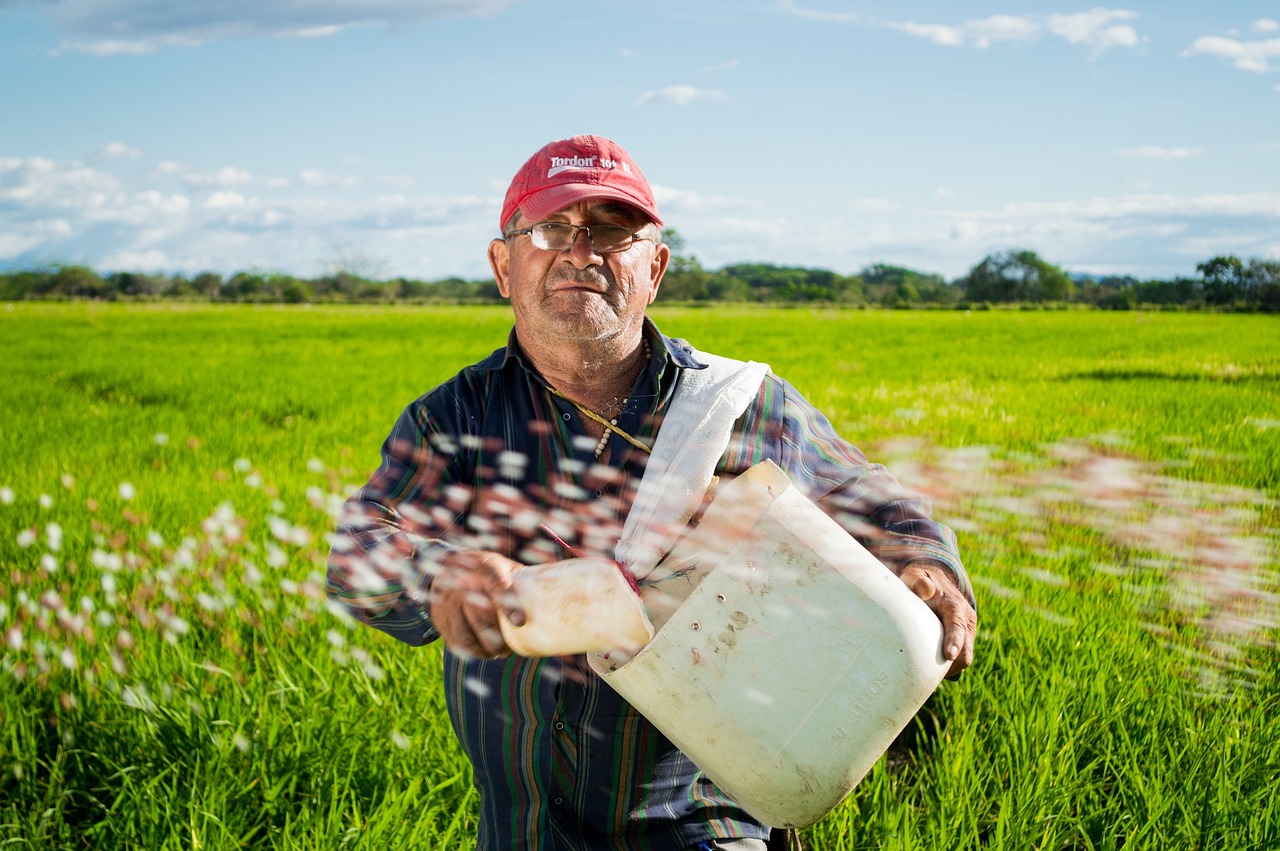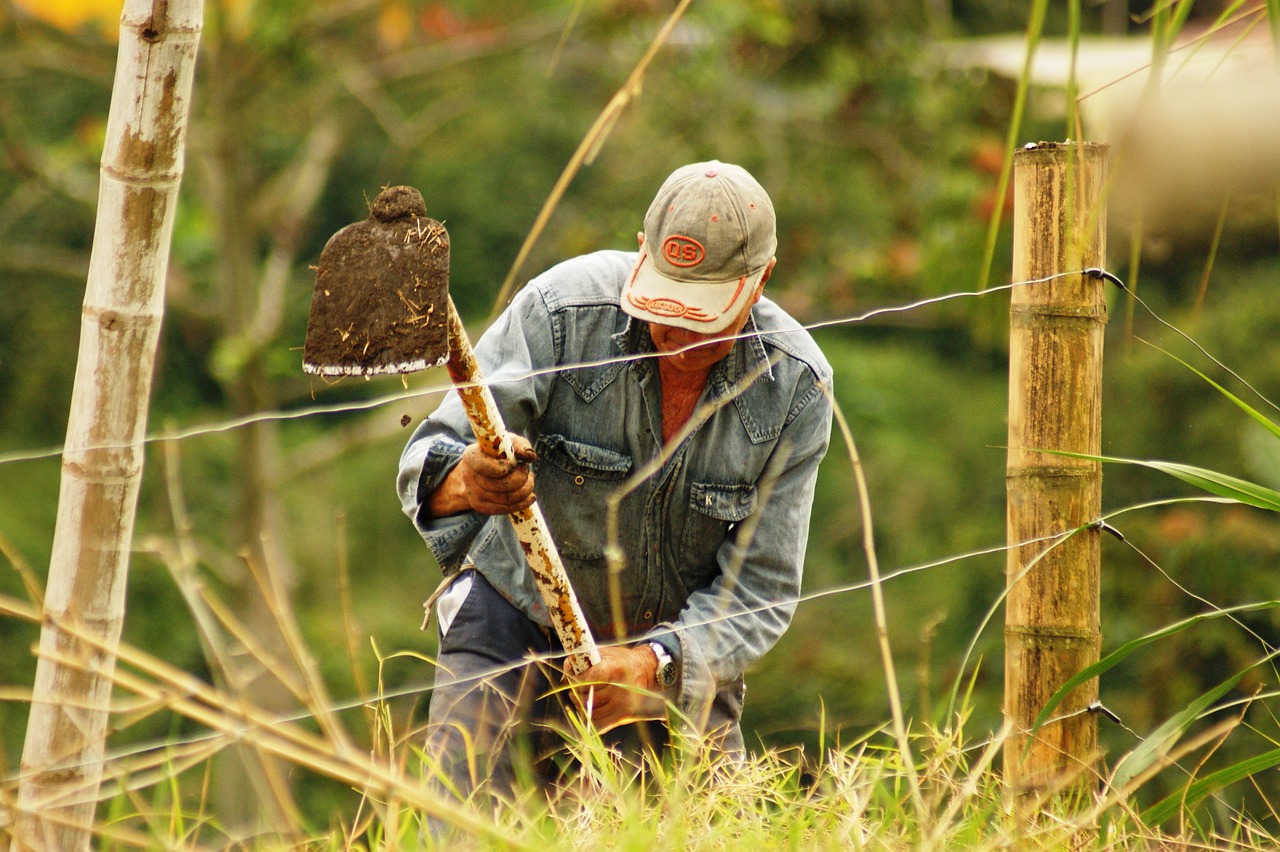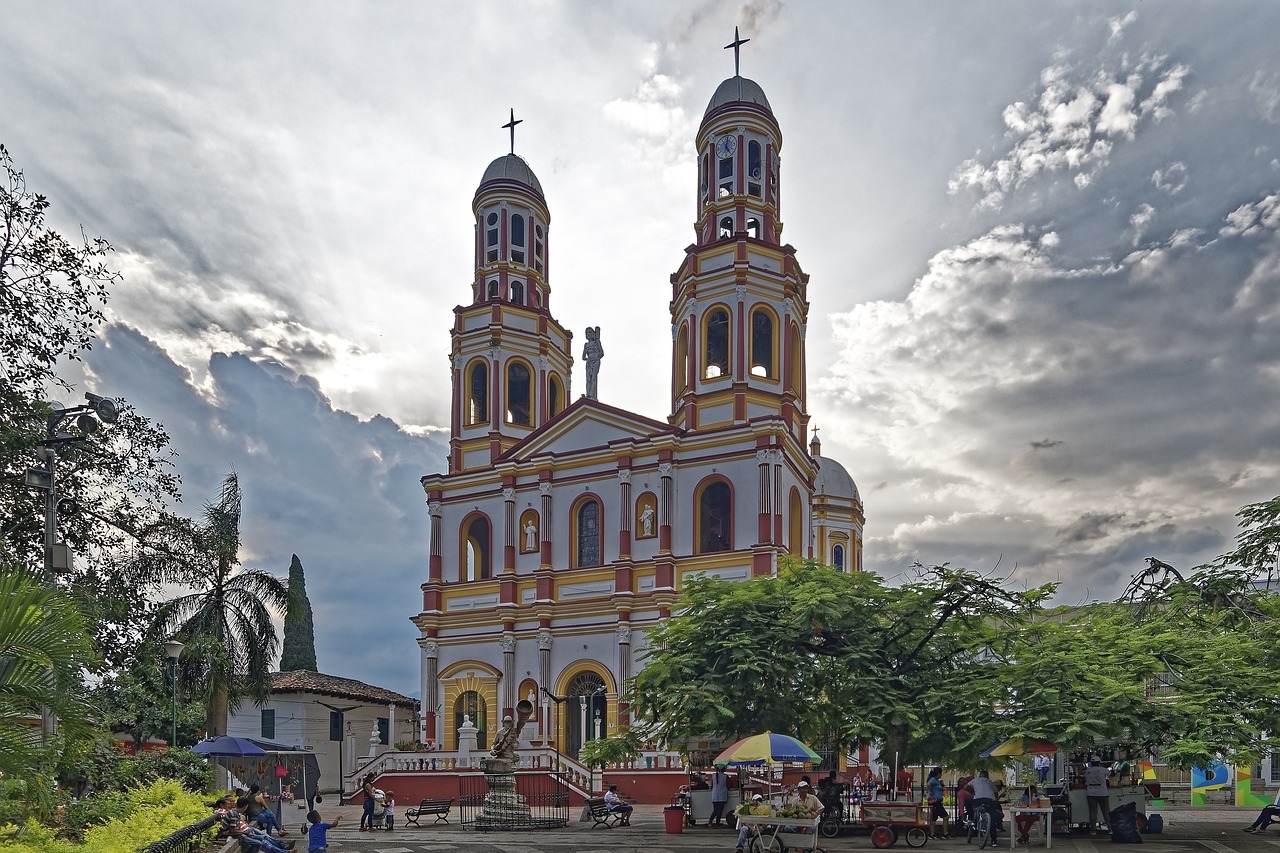Colombia Video
Cultural Sensitivities: Understanding Local Norms in Colombia
Colombia, a vibrant and diverse country located in South America, is known for its rich cultural heritage and warm hospitality. As a traveler, it is essential to understand and respect the local norms and customs in order to have a meaningful and enjoyable experience. This article aims to provide a comprehensive guide to cultural sensitivities in Colombia, highlighting important aspects of the country’s etiquette, traditions, and social norms.
Greetings and Personal Space
When meeting someone in Colombia, it is customary to greet them with a handshake and maintain eye contact. Colombians value personal connections and often engage in friendly conversations. However, it is important to respect personal space, so avoid standing too close or touching someone without their consent.
- Handshakes: Handshakes are the most common form of greeting in Colombia. It is polite to offer a firm handshake while maintaining eye contact.
- Cheek kisses: In some regions, particularly among close friends and family, cheek kisses are common as a form of greeting. However, it is best to wait for the other person to initiate this gesture.
- Hugging: Hugging is generally reserved for close friends and family members. When in doubt, a handshake is always appropriate.
Communication and Politeness
Colombians are generally polite and respectful in their interactions. It is important to use formal language and address people with appropriate titles, especially when meeting someone for the first time or in a professional setting.
- Formal language: Using the formal “usted” instead of the informal “tú” when addressing someone you are not familiar with shows respect.
- Title usage: Addressing people with their appropriate titles, such as “Señor” (Mr.), “Señora” (Mrs.), or “Doctor” (Doctor), is considered polite.
- Respectful tone: Speaking in a calm and respectful tone is appreciated in Colombia. Avoid raising your voice or using aggressive language.
Food and Dining Etiquette
Colombian cuisine is diverse and flavorful, and sharing meals with others is an important part of the culture. Understanding dining etiquette will help you navigate social situations and show respect for local customs.
- Table manners: Wait for the host to start eating before you begin your meal. It is considered polite to keep your hands on the table, but avoid resting your elbows on it.
- Sharing food: Colombians often share dishes family-style. If you are invited to someone’s home, it is customary to bring a small gift or offer to help with the preparation or cleaning up.
- Drinking coffee: Coffee is an integral part of Colombian culture. When offered a cup of coffee, it is polite to accept it, even if you don’t drink coffee. You can simply take a small sip to show appreciation.
Religious Customs
Religion plays a significant role in Colombian society, with the majority of the population identifying as Roman Catholic. Understanding and respecting religious customs is important when visiting religious sites or participating in religious events.
- Church etiquette: When visiting churches or religious sites, dress modestly and avoid taking photographs during religious ceremonies.
- Religious holidays: Colombia celebrates various religious holidays throughout the year. It is advisable to familiarize yourself with the customs and traditions associated with these holidays.
- Respect for religious symbols: Treat religious symbols, such as crosses or statues, with respect and avoid touching or moving them.
Social Etiquette
Colombians are known for their warmth and friendliness. Understanding social etiquette will help you navigate social gatherings and build meaningful connections with locals.
- Punctuality: While Colombians have a more relaxed attitude towards punctuality, it is still advisable to arrive on time for formal events or business meetings. However, it is common for social gatherings to start later than the designated time.
- Gift-giving: When invited to someone’s home, it is customary to bring a small gift, such as flowers or a bottle of wine. The gesture is appreciated and shows gratitude.
- Respecting elders: In Colombian culture, showing respect to elders is important. Addressing older individuals with proper titles and using a polite tone of voice is considered respectful.
Image 1:

Festivals and Celebrations
Colombia is renowned for its colorful festivals and vibrant celebrations throughout the year. Attending these events provides a unique opportunity to immerse yourself in the local culture and traditions.
- Carnival of Barranquilla: One of the largest carnival celebrations in the world, the Carnival of Barranquilla showcases music, dance, and elaborate costumes. It is a vibrant and energetic event that attracts visitors from around the globe.
- Feria de Cali: The Feria de Cali is a week-long festival celebrating salsa music and dance. It features parades, concerts, and salsa competitions, offering a lively and festive atmosphere.
- Holy Week: Holy Week, leading up to Easter, is an important religious observance in Colombia. Many cities and towns hold processions and reenactments, providing a glimpse into the country’s religious traditions.
Image 2:

Respecting Nature and Environment
Colombia is home to stunning natural landscapes, including lush rainforests, breathtaking mountains, and pristine beaches. It is important to respect the environment and follow sustainable practices when exploring these natural wonders.
- Ecotourism: When visiting national parks or nature reserves, follow designated trails and respect the flora and fauna. Avoid littering and take care not to disturb the natural habitats.
- Beach etiquette: When visiting the beautiful beaches of Colombia, be mindful of your impact on the environment. Dispose of trash properly and avoid damaging coral reefs or other marine ecosystems.
- Wildlife encounters: If you encounter wildlife, maintain a safe distance and observe from afar. Do not feed or touch wild animals, as it can disrupt their natural behavior and cause harm.
Image 3:

Conclusion
By understanding and respecting the cultural sensitivities in Colombia, you can enhance your travel experience and foster meaningful connections with locals. Remember to approach each interaction with an open mind and a willingness to learn and appreciate the unique traditions and customs of this diverse country.
References
– colombia.travel
– lonelyplanet.com/colombia
– nationalgeographic.com/travel/destinations/south-america/colombia


